Imagine a world where your favorite songs are not just written by humans but also performed by artificial intelligence. Could this be the future of music? With the advancements in AI technology, particularly with ChatGPT-4, there’s a buzz that this AI can now sing songs. But how true is this claim, and what does it mean for the music industry and us as listeners?
The idea of an AI singing might sound like science fiction, but recent developments suggest it could soon be a reality. ChatGPT-4, known for its ability to generate human-like text, might be stepping into the musical arena. How does this work, and can it actually compete with human singers? Let’s explore this intriguing topic.
The Technology Behind AI Singing
ChatGPT-4, developed by OpenAI, is a powerful language model capable of understanding and generating text. To sing, AI uses similar technology combined with voice synthesis. This involves training the AI on a vast dataset of songs, lyrics, and musical patterns, enabling it to produce vocal outputs that resemble singing.
How It Works
The process starts with the AI being fed lyrics and a melody. Using advanced algorithms, ChatGPT-4 can convert this text into a sung version, mimicking different vocal styles and tones. While it might not yet capture the emotional depth of a human singer, the results are surprisingly close and improving rapidly.
Potential Applications
If ChatGPT-4 can sing, the possibilities are endless. It could revolutionize the music industry by providing new tools for musicians, creating backing vocals, or even composing entire songs. For educational purposes, it could help teach music theory and practice. Moreover, it could offer personalized serenades or perform in virtual concerts.
The Human Touch
Despite its capabilities, AI singing lacks the emotional nuances and imperfections that make human music so relatable. Human singers convey feelings through subtle variations in pitch, tone, and tempo—qualities that are challenging for AI to replicate perfectly. However, as technology advances, the gap between human and AI performances might narrow.
Ethical Considerations
As with any technological advancement, AI singing raises ethical questions. How will it impact human musicians? Will AI-created music be considered authentic art? These are important discussions that need to be addressed as we integrate AI into creative fields.
Conclusion
ChatGPT-4’s ability to sing songs is a fascinating development in the realm of AI. While it may not yet match the artistry of human singers, its potential applications are vast and exciting. So, do you believe ChatGPT-4 can truly sing? Vote in our poll and share your thoughts on this futuristic innovation!











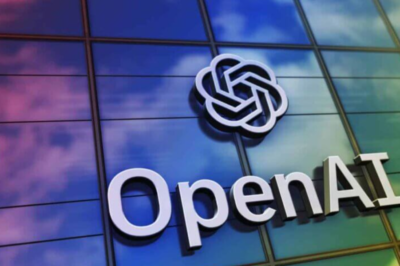





































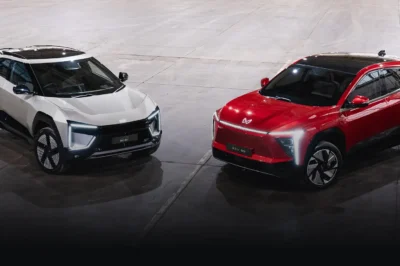










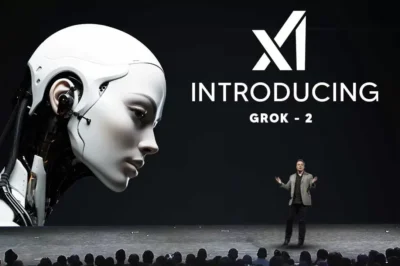
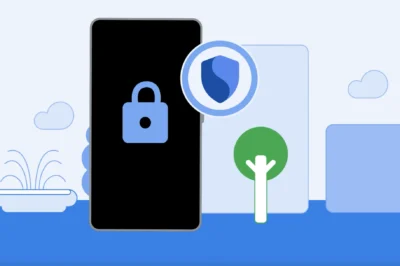


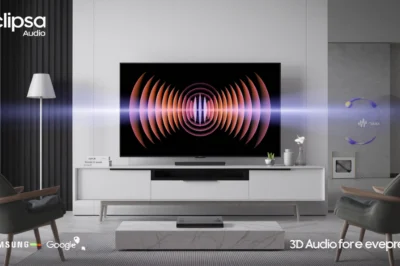

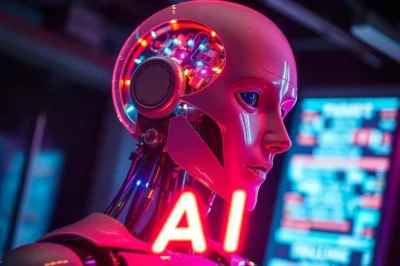

Leave a Reply